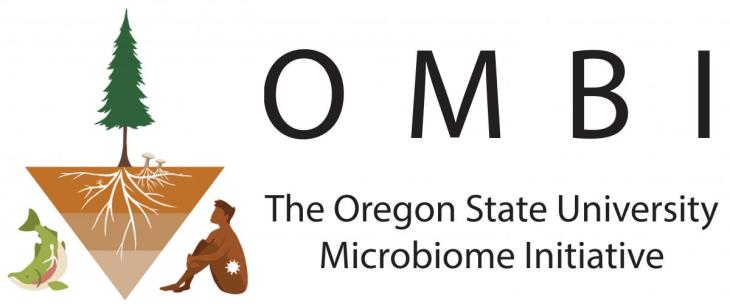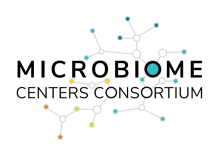
Recent breakthroughs have recalibrated our understanding of the biodiversity of microbial communities (i.e., microbiomes), revealed their ubiquitous distribution in nature, and demonstrated their ability to respond to and influence their environment. Microbiome research is poised to transform society: it has captured public imagination, ushered in new industrial opportunities, and potentiated changes in how we manage health and natural resources. But, actualizing this transformation requires greater understanding of how microbiomes and their environments interact. For microbiome research to realize its promise of delivering meaningful social applications, microbiome science must progress beyond determining who is there to understanding what they are doing, the mechanisms underlying how they do it, and the integrative processes that dictate why they do it.
The Oregon State University Microbiome Initiative (OMBI) is a microbiome research and education program that centers on answering these questions. OMBI is composed of researchers from diverse disciplines who integrate their expertise to solve several shared goals:
- Understand how microbiomes operate and interact with their environment
- Develop interdisciplinary collaborations and partnerships with other research institutions and industry
- Provide training in microbiome research methods
- Incentivize participation by researchers that are underrepresented in microbiome science
Our investigators consider a diverse array of environments, including aquatic, terrestial, and animal and plant-associated microbiomes. Much of our effort includes developing the research tools to needed to understand how microbiomes interact with these environments. Ultimately, we hope that our interdisciplinary perspective will contribute to a unified theory of how microbiomes operate and change, as well as the development of socially impactful research products.
OMBI is also a contributor to the following organizations:

